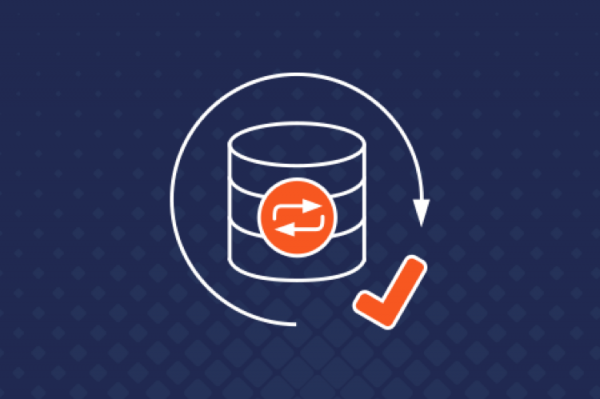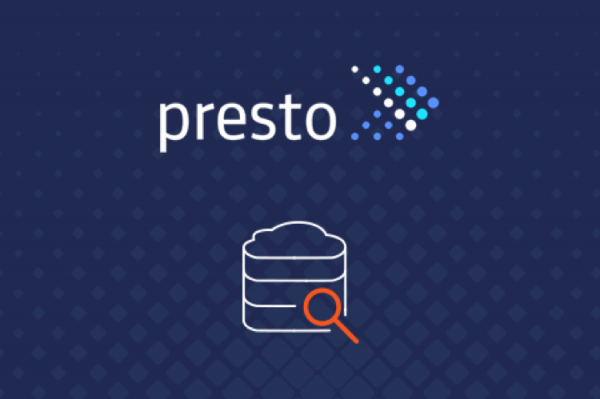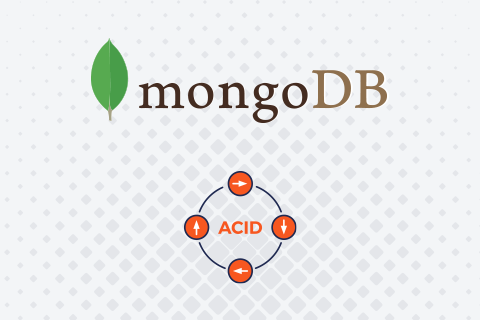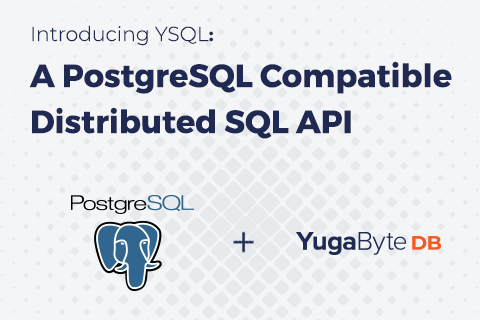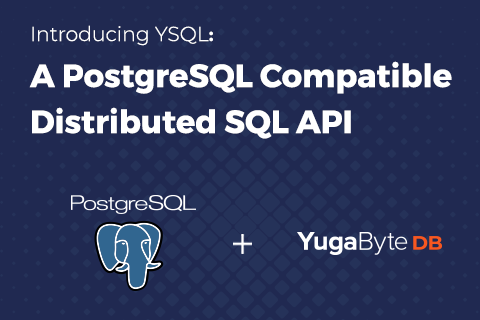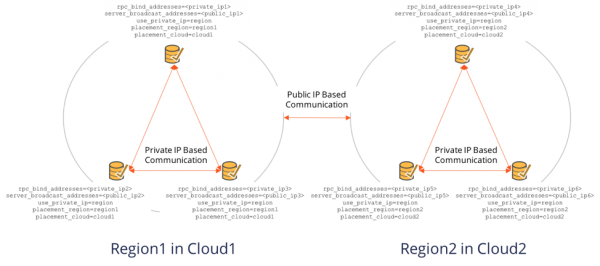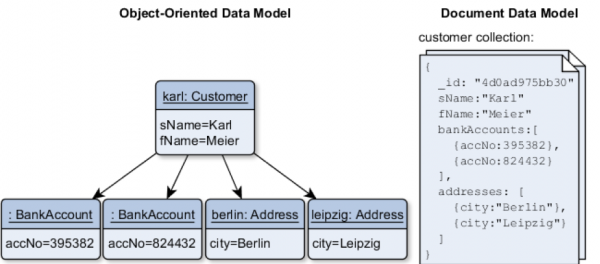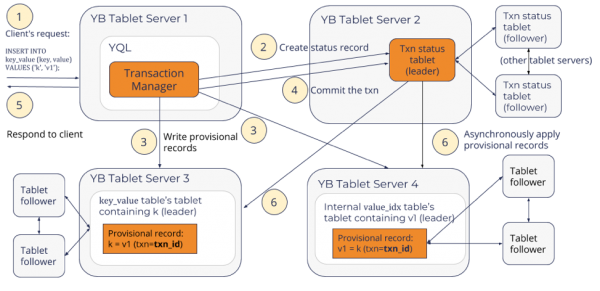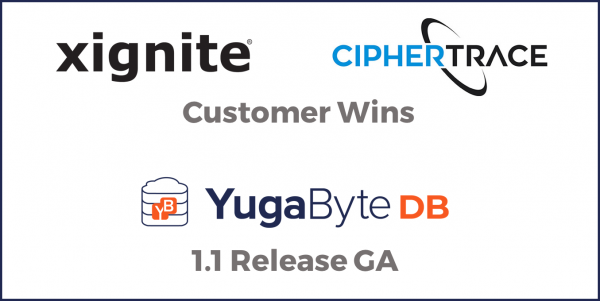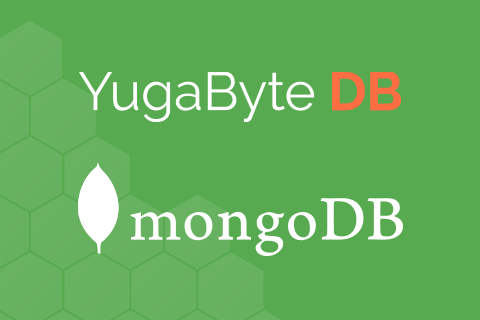Getting Started with Distributed Backups in YugabyteDB
YugabyteDB is a distributed database with a Google Spanner-inspired strongly consistent replication architecture that is purpose-built for high availability and high performance. This architecture allows administrators to place replicas in independent fault domains, which can be either availability zones or racks in a single region or different regions altogether. These types of multi-AZ or multi-region deployments have the immediate advantage of guaranteeing organizations a higher order of resilience in the event of a zone or region failure.
…
